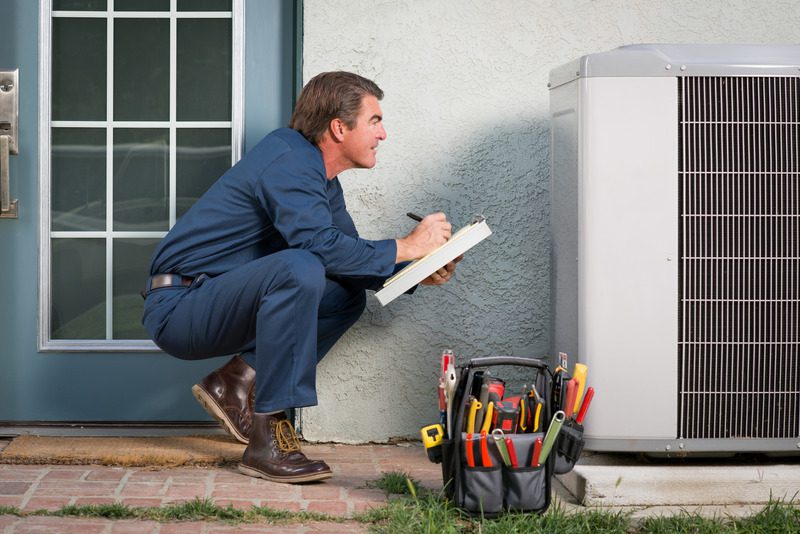When your home’s heating or cooling system begins to falter, the big question often is: Should you opt for an AC repair or heater repair, or is it time for a complete HVAC replacement? Understanding the key factors can help you make an informed decision, potentially saving you money and enhancing your home’s comfort. Here’s a simple guide to determine whether to repair or replace your HVAC system.
When to Repair Your HVAC System
1. The Age of the System: As a rule of thumb, if your HVAC system is less than 10 years old and has been regularly maintained, it often makes more financial sense to repair it. Most HVAC systems are designed to last approximately 15-20 years, so a younger system can usually be repaired more cost-effectively.
2. Cost of Repairs: Evaluate the cost of the needed repairs. If the repair cost is less than a third of the replacement cost and your system is under 10 years old, repairing is usually the preferable option. Frequent minor repairs can also be more economical than a full replacement, provided they don’t escalate in frequency and cost.
3. Efficiency of the System: If your system still maintains its energy efficiency and keeps your energy bills at a reasonable level, a repair might suffice. This is particularly relevant if your system has an Energy Star rating and meets current environmental standards.
4. Severity of the Issue: Common issues like a malfunctioning thermostat, minor leaks in the refrigerant lines, or electrical problems that affect the system’s operation can often be fixed with simple AC or heater repair services. These repairs can extend the life of your system without the need for a full replacement.
When to Replace Your HVAC System
1. Age and Condition: If your HVAC system is over 15 years old, it’s likely approaching the end of its lifespan. Older systems also tend to be less efficient and more prone to breakdowns, making replacement a more cost-effective and reliable choice in the long run.
2. Cost of Repairs: A good guideline to consider is the “50 Percent Rule.” If the cost of repairs approaches or exceeds 50% of the value of your system, it’s generally time to replace it. This is especially true if your HVAC system requires frequent repairs, as these costs can quickly add up, making replacement the more economical decision.
3. Energy Efficiency: Technological advancements have significantly improved the energy efficiency of HVAC systems. If your current system has a low Seasonal Energy Efficiency Ratio (SEER) rating, upgrading to a newer model with a higher SEER rating can reduce your energy bills substantially. Newer systems are also better for the environment and can provide more consistent comfort.
4. Home Comfort Levels: If you’ve noticed uneven heating or cooling, excessive humidity, or increased dust in your home, these might be signs that your HVAC system is no longer effective at controlling air quality. An upgrade can resolve these issues, providing a healthier and more comfortable indoor environment.
Making the Decision
Here are a few additional tips to help you decide between HVAC repair or replacement:
- Consult a Professional: Always consult with a professional HVAC technician who can provide a detailed assessment of your system’s condition. The Katy Plumbing Company offers expert evaluations to guide you through the repair or replacement process.
- Consider Future Needs: Think about your long-term home comfort and financial goals. If you plan to stay in your home for many more years, investing in a new, efficient system might be the better option.
- Check for Rebates: Look for rebates and incentives offered for installing energy-efficient HVAC systems. These can offset the initial cost of a replacement and lead to greater savings over time.
Deciding whether to repair or replace your HVAC system can be challenging, but with the right information and professional guidance, you can make a choice that benefits your home and wallet. For expert advice and reliable service, whether it’s AC repair, heater repair, or HVAC replacement, trust The Katy Plumbing Company to keep your home comfortable all year round. Contact us today to set up your appointment.



